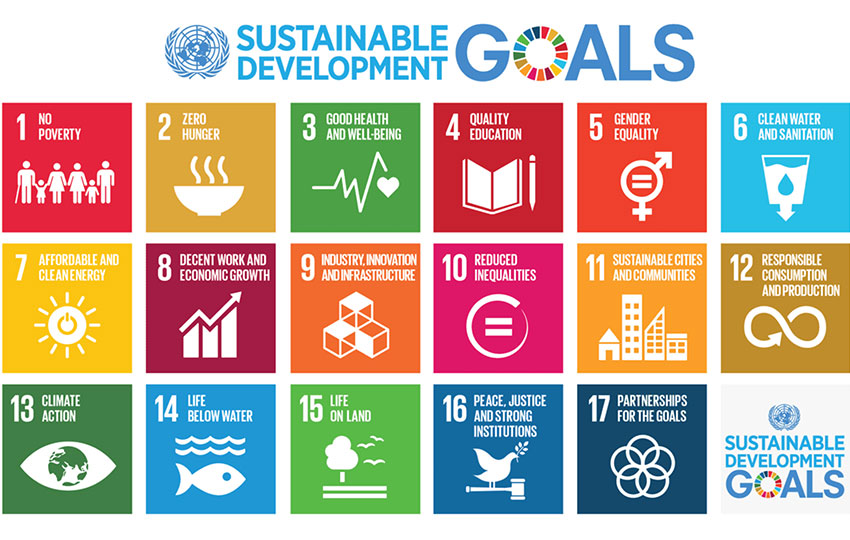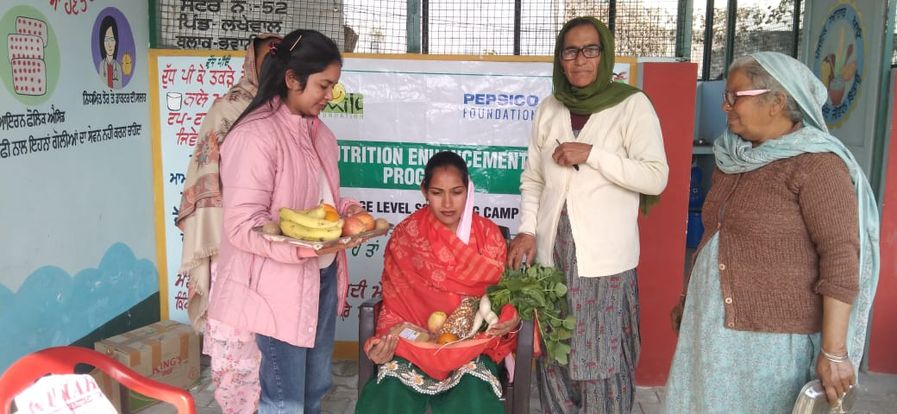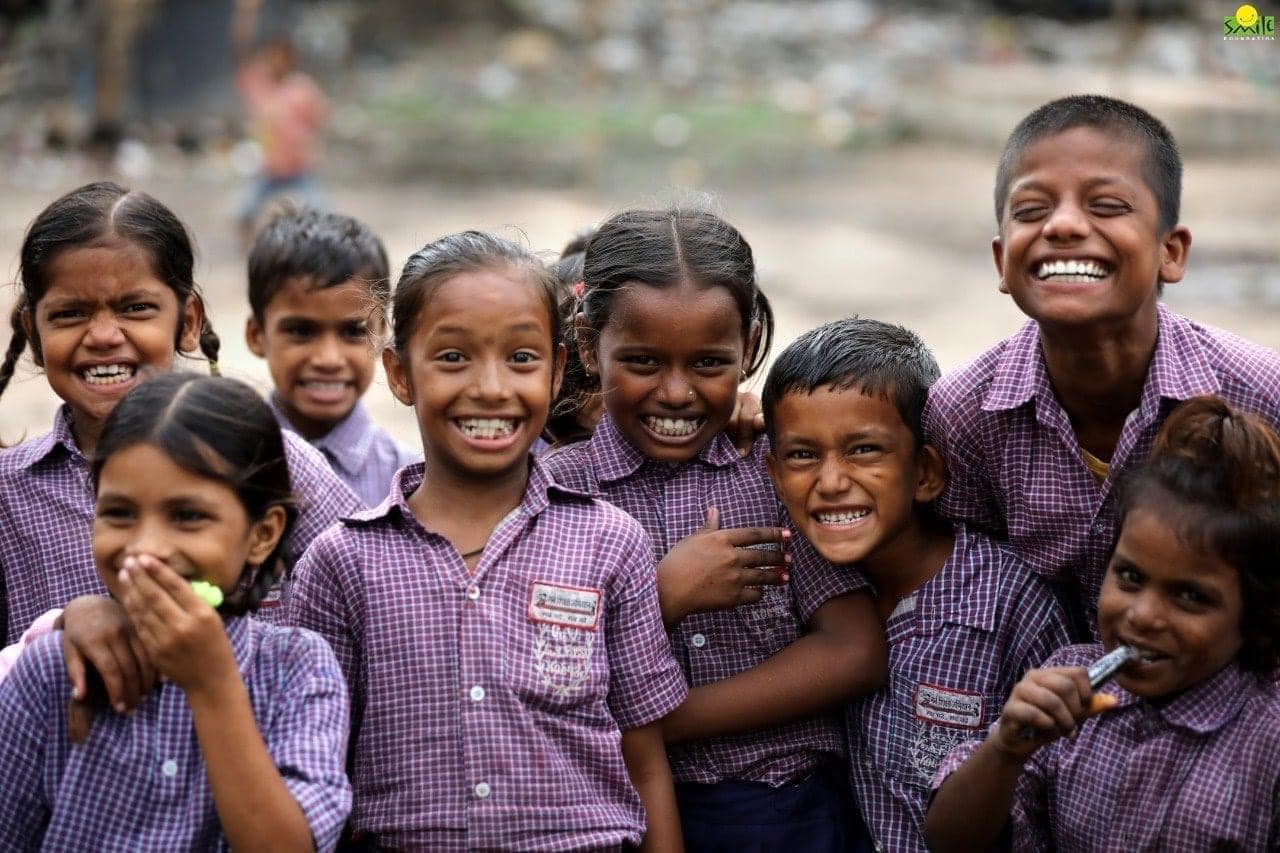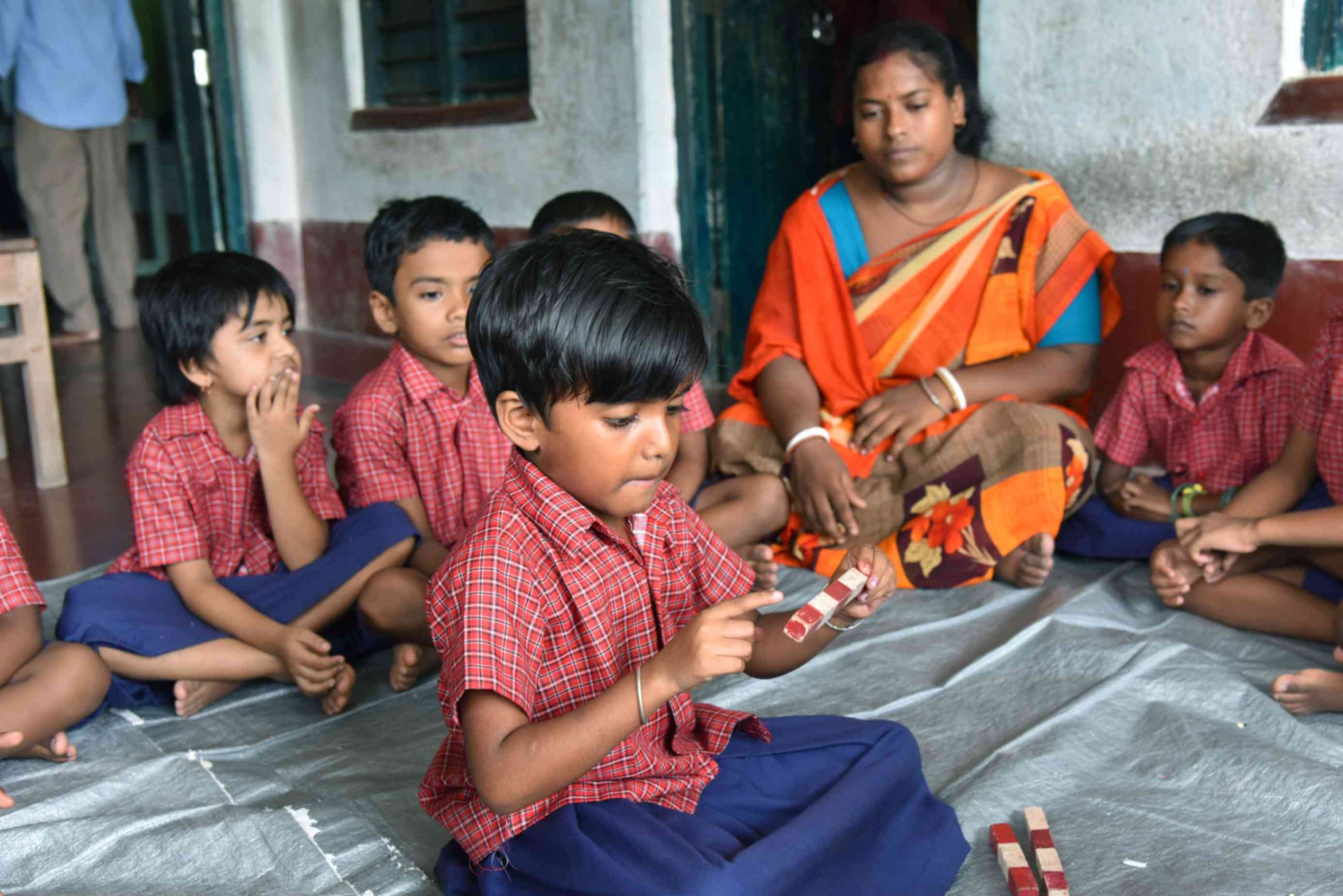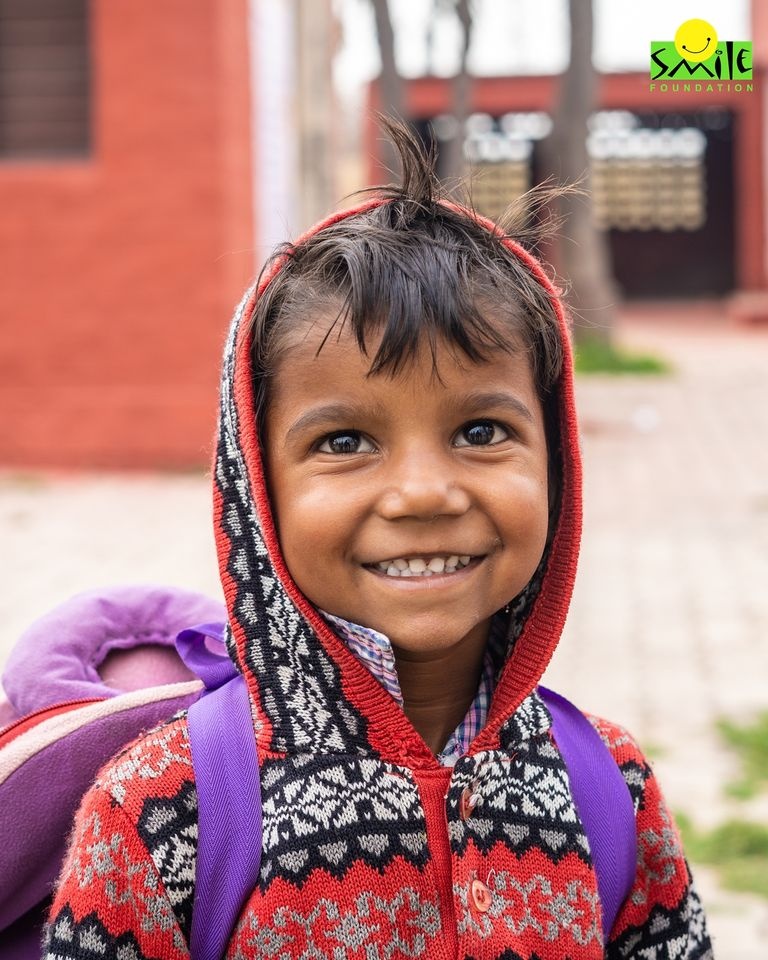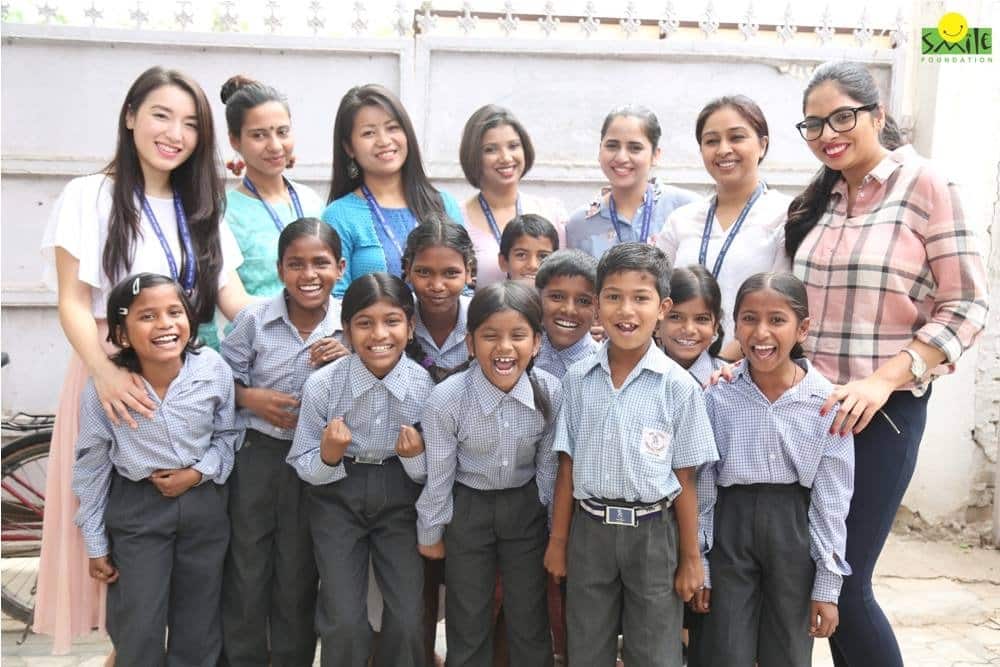In 2015, United Nations General Assembly adopted 17 sustainable development goals (SDGs) to make the world a better place for the people worst affected by the raging poverty and inequality bringing to them a life of prosperity and opportunity. The primary aims were focused on eradicating poverty, inequality, hunger, and providing education, healthcare, clean water and sanitation, peace, and justice to the 7.5 billion people of the world. The UN had aimed to achieve these SDGs by 2030. However, the recent outbreak of coronavirus disease or COVID-19 pandemic has left the world struggling.
With the focus of the world leaders and welfare agencies in combating the effects of the COVID-19 pandemic on the world population, the attention which SDGs require has taken a backseat with the resources crucial to achieving the goals by 2030 now being invested in fighting the pandemic.
The worst affected SGDs will be that of reducing poverty, inequality, and hunger among the global population. The Covid-19 pandemic has brought the world economy to a standstill. With a third of the world’s population in lockdown has left a major chunk of economy building industries, non-functioning. A report by World Economic Forum estimates that in the worst-case scenario where the global economy is reduced by 20%, as many as 500 to 600 million people will be pushed into extreme poverty. The highest ever in the past three decades. This will result in the creation of obstacles to achieve other SDGs of providing every individual with quality education, clean water and sanitation, and sufficient and effective healthcare. For people struggling with poverty; education, healthcare, and sanitation move lower on their list of priorities as they fight every day to survive and live in unimaginable conditions.
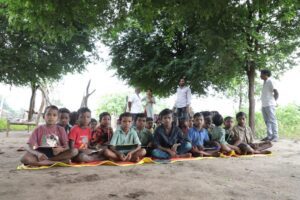
The increase in poverty will also lead to an increase in global hunger which will also be affected due to the reduction in the production of food as the world fights the pandemic by staying at home. There will also be an increase in inequality and discrimination on the basis of gender, race, and more. The worst affected will be women and LGBTQ people.
A working woman with children now is working from home, doing household duties, taking care of kids, and now also needs to pay attention to homeschooling her children. Tto prevent them from having a mental breakdown from being locked inside the house all the time she has to keep them engaged. This is the “triple shift”, i.e. three times the amount of stress a woman is suffering from due to the COVID-19 pandemic.
As many as 70% of women work in the retail, service, and hospitality sector and the lockdown in the majority part of the world, a large number of people have lost their jobs, out of which 60% are women. In many developing countries as in South Asia, as many as 80% of women work in non-agricultural jobs in informal employment (ILO report).
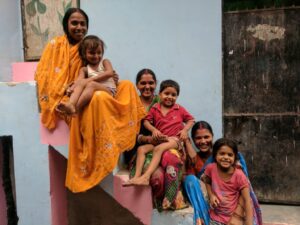
These women do not have any legal security from the state to prevent them from losing their livelihood. The poorest are the worst hit. 57% of women who work part-time will lose their jobs in less than a quarter due to the economic slowdown that the virus is resulting in.
The world will also face an increase in the increase of environmental crisis to due excessive use of single-use resources and plastic to deal with the pandemic. An extreme rise in the amount of plastic and biomedical waste is expected which the world is not equipped to efficiently dispose of.
The only means to deal with the inevitable challenges that the world will face to achieve the SDGs is the global effort from both the world governments and the public. Governments, corporate businesses, multi-lateral national and international organizations, and worldwide civil society have in the shortest possible time raised billions of dollars to aid the front line workers as well as the population struggling to survive through the pandemic.
Taking this solidarity forward, we all together can contribute to do our part and help us all achieve the SDGs that will make the world a utopia all of us dream of living in. Keeping its focus equally on the relief efforts towards the crisis caused due to COVID-19 and the SDGs, Smile Foundation has continued with its work to serve the civil society by continuing its work in the fields of education, healthcare, and women empowerment. Utilizing technology to reach out to its beneficiaries, Smile ensures that the change brought in the lives of millions in the country does not come to a standstill due to a disease and aims to reach out to people not just with ration kits but also with the support and solace everyone needs in this time of difficulty.
You can also help by donating https://www.smilefoundationindia.org/smile-fights-covid19/



